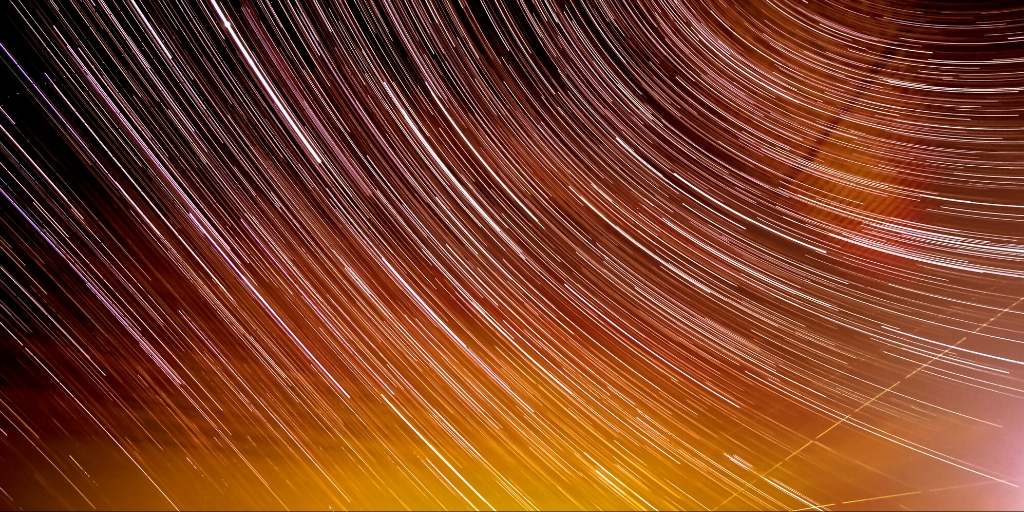
Recent breakthroughs in vaccine development highlight the critical role of scientists in combating the ongoing pandemic. However, researchers around the world are currently facing serious threats to their personal and professional lives as a result of their research on COVID-19. The harassment and intimidation of Dr Elisabeth Bik is an alarming example of growing threats to scientific freedom, with serious implications for the global scientific community, as well as individual scientists and their families.
The right to share in and to benefit from advances in science and technology is enshrined in the Universal Declaration of Human Rights, as is the right to engage in scientific enquiry, pursue and communicate knowledge, and to associate freely in such activities.
For science to progress efficiently and for its benefits to be shared equitably, scientists must have individual and collective freedoms. These include the freedom of enquiry and exchange of ideas, the freedom to reach scientifically defensible conclusions, and the freedom to apply collectively scientific standards of validity, replicability and accuracy.
These freedoms go hand in hand with responsibilities: in the responsible practice of science, and the responsibility of scientists to contribute their knowledge in the public space. The Principle of Freedom and Responsibility in Science, enshrined in the ISC’s Statutes, requires researchers and institutions at all levels to conduct and communicate their research with ‘integrity, respect, fairness, trustworthiness, and transparency, recognizing its benefits and possible harms.’
The ISC is therefore concerned by both the volume of research produced during the pandemic that fails to meet scientific standards, and by the attacks on scientists who challenge and critique such research.
In the process of generating effective interventions for the COVID-19 pandemic, scientists have a responsibility to interrogate emerging research. Critical debate is a key part of the scientific process, and scientists must be free to express legitimate concerns about the validity of published research. Efforts to restrict or discourage scientific critique represent a serious infringement of scientific freedom.
The rigorous practice of science is essential to overcoming the COVID-19 pandemic. Scientists must therefore have the right to engage in free and responsible scientific enquiry, with due respect and protection from all states and governments around the world.
The members of the Committee for Freedom and Responsibility in Science: are Daya Reddy (Chair), Saths Cooper (Vice Chair), Richard Bedford, Craig Callender, Enrique Forero, Robin Grimes, Cheryl Praeger, Sawako Shirahase, Peter Strohschneider, Hans Thybo and Nadia Zakhary.
Read more on the ISC’s commitment to protect scientific freedoms enshrined in the Declaration of Human Rights and our work in advocate for these responsibilities. The Principle of Freedom and Responsibility in Science is enshrined in ISC Statute 7.